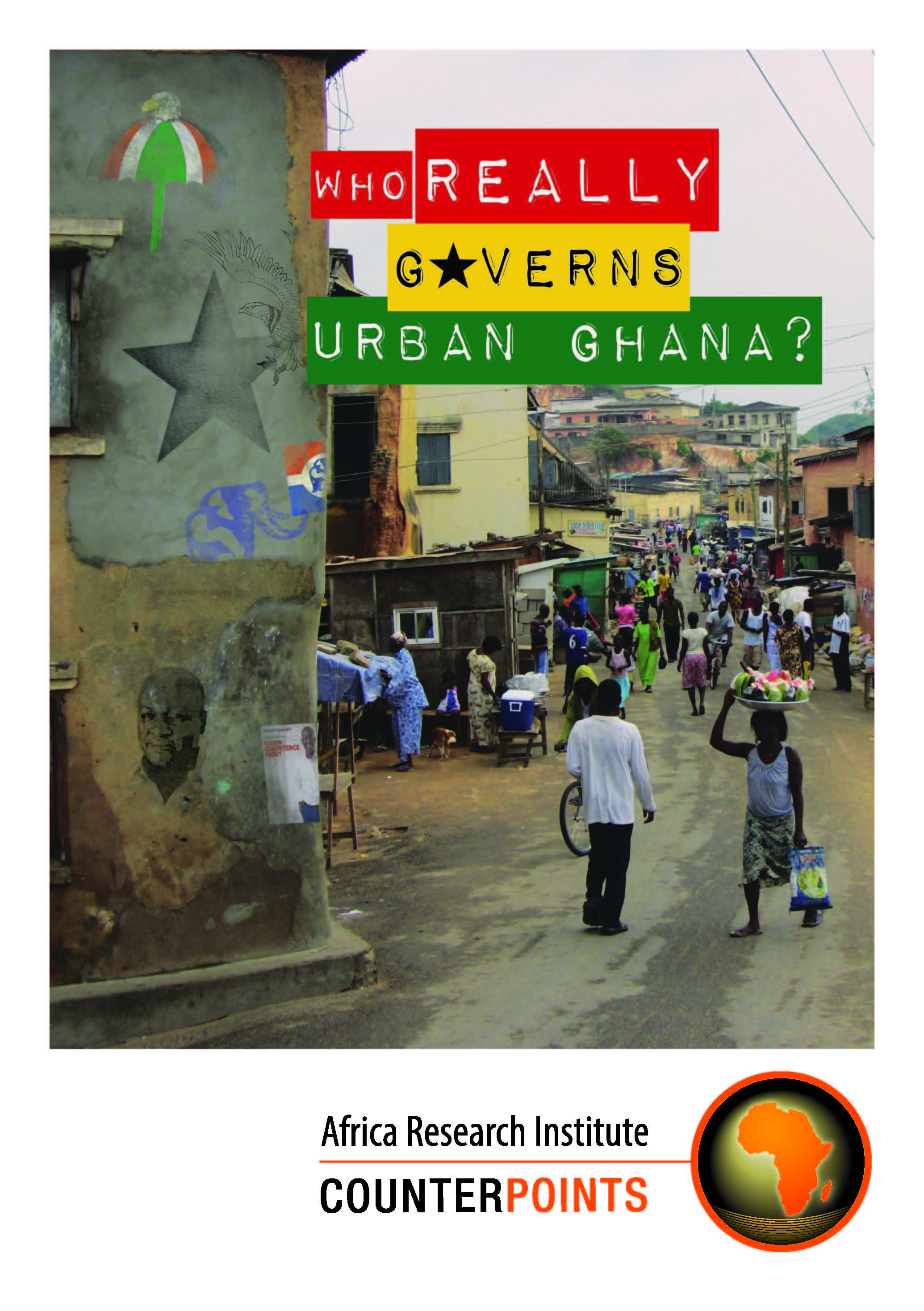
Urban governance is identified by UN-Habitat as a fundamental factor in the implementation and fulfillment of the New Urban Agenda and Sustainable Development Goals. Intended to help city managers and other stakeholders achieve these goals, UN-Habitat recently published the “Building Participatory Accountability Systems for City Policies: Handbook,” which offers guidance on developing urban projects and solving urban challenges with a participatory and inclusive framework that engages multiple stakeholders.
The Handbook points out that successful and sustainable urban development rely on effective collaboration between all relevant actors. Local participation not only strengthens the trust between citizens and the authority by increasing transparency and accountability, but also leads to greater equity by assuring the voice of marginalized groups is heard. In addition, city stakeholders can identify problems and challenges facing their cities that the authority might have overlooked and offer solutions.
The Handbook is built upon a pilot project “Building Participatory Accountability Systems for City Policies in Latin America” led by UN-Habitat in six cities in three countries (Chimbote and Trujillo in Peru, Tarija and La Paz in Bolivia, Rio de Janeiro and Niterói in Brazil). The project was designed to help local government systematically engage residents and develop partnerships with city stakeholders in city planning and decision makings.
The Handbook lays out the four phases that ensure successful implementation of the project:
- Assess the context: this phase includes setting up partnerships, identifying partners and stakeholders, establishing a network, and assessing training needs.
- Address a challenge: this phase includes problem identification and prioritization, development of strategies, planning for implementation and monitoring by utilizing the “accountability lab”, which drives innovative ideas, processes, and partnerships to address urban issues.
- Develop and action plan: in this phase, the partnership is to define the problem, set the objectives, design actions and timetable, and develop financing schemes.
- Monitor and report: monitoring and assessment are critical for the successful implementation of any project. Some example methods in this phase include voluntary local reviews.
The Handbook also covers takeaways and lessons from the Latin America Project.
Urban governance is becoming more important than ever given the rapid pace of urbanization in many developing countries. Rapid urbanization also brought challenges and issues most local governments have not faced before. Engaging citizens and city stakeholder is an effective way to pool resources and intelligence, leading to successful development and implementation of urban projects.
Read the full handbook on UN-Habitat’s website: https://unhabitat.org/sites/default/files/2021/06/210618_the_building_participatory_accountability_systems_for_city_policies.pdf



